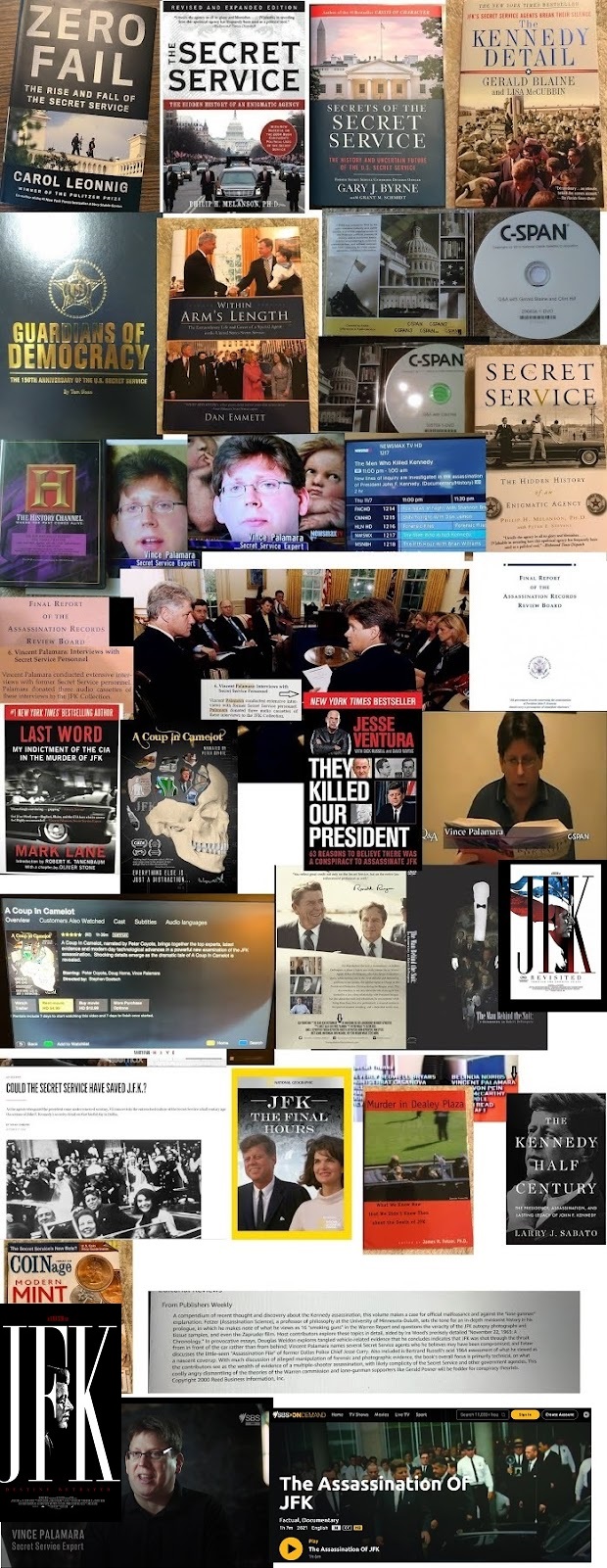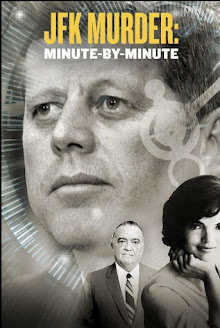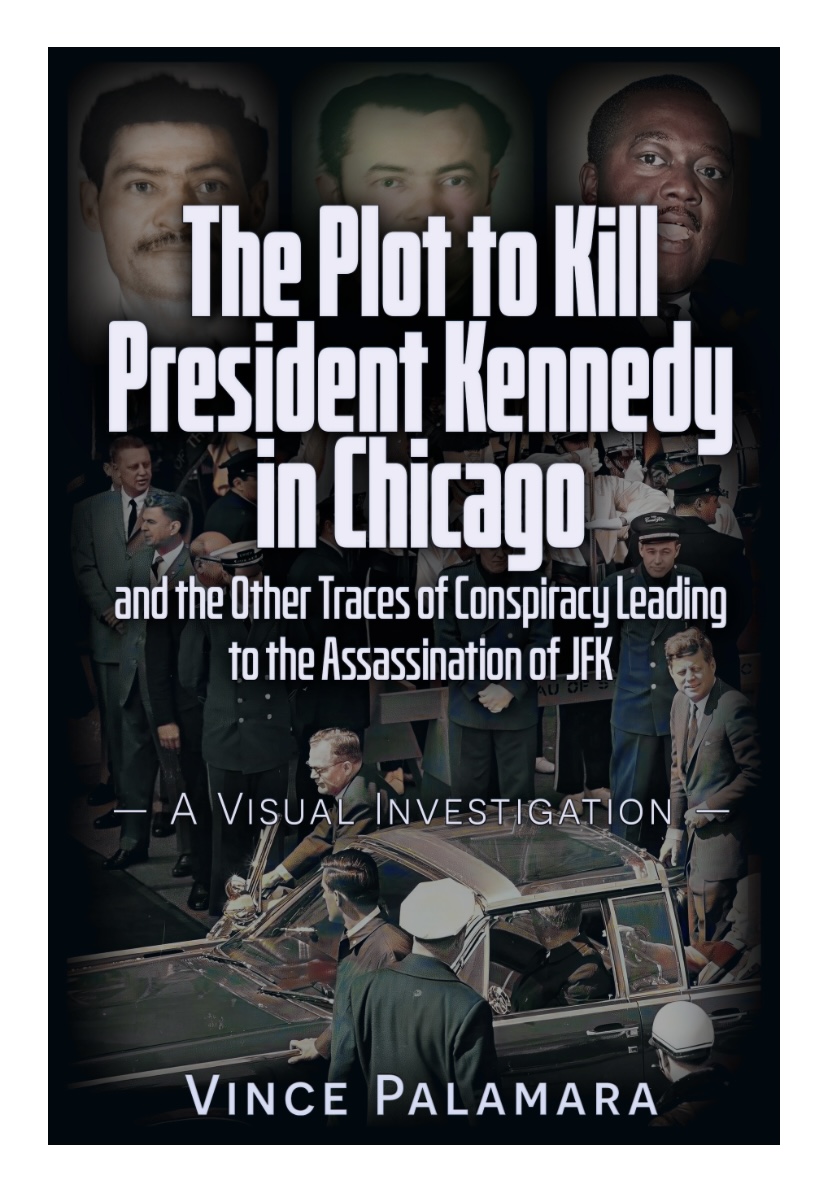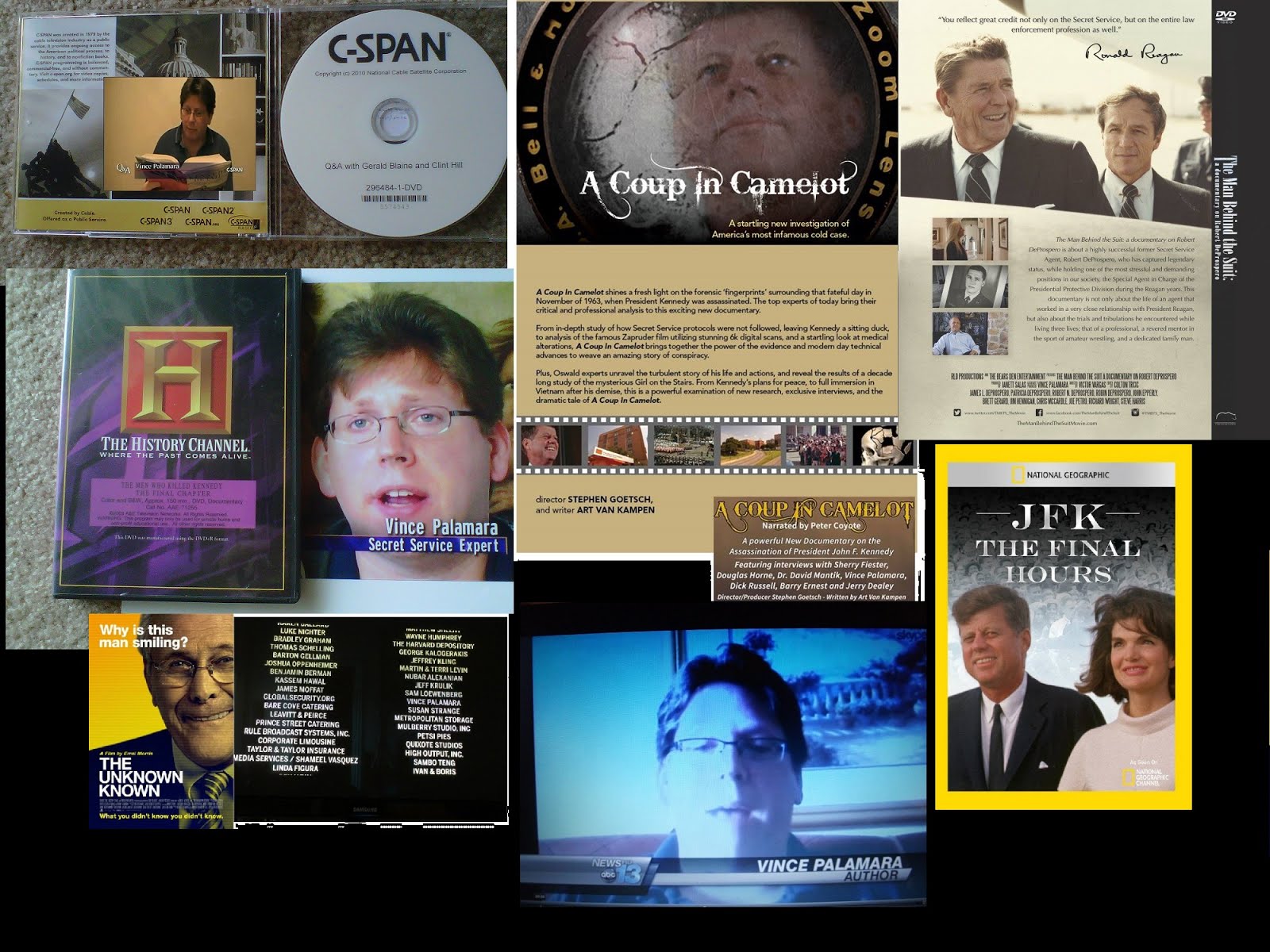About ANOTHER presidential guard who drank and was derelict in his duties- the same could be said for JFK's guards: they failed to protect JFK and drank the night before...well, Clint Hill, Jack Ready, Paul Landis, Glen Bennett and four others did
What happened to Officer John Parker, the man who chose the wrong night to leave his post at Ford's Theater?
By Paul Martin
After President Lincoln settled in to enjoy Our American Cousin at Ford's Theatre, his guard left to drink at a nearby saloon, leaving Lincoln vulnerable.
When a celebrity-seeking couple crashed a White House state dinner last year, the issue of presidential security dominated the news. The Secret Service responded by putting three of its officers on administrative leave and scrambled to reassure the public that it takes the job of guarding the president very seriously. “We put forth the maximum effort all the time,” said Secret Service spokesman Edwin Donovan.
That kind of dedication to safeguarding the president didn’t always exist. It wasn’t until 1902 that the Secret Service, created in 1865 to eradicate counterfeit currency, assumed official full-time responsibility for protecting the president. Before that, security for the president could be unbelievably lax. The most astounding example was the scant protection afforded Abraham Lincoln on the night he was assassinated. Only one man, an unreliable Washington cop named John Frederick Parker, was assigned to guard the president at Ford’s Theatre on April 14, 1865.
Today it’s hard to believe that a single policeman was Lincoln’s only protection, but 145 years ago the situation wasn’t that unusual. Lincoln was cavalier about his personal safety, despite the frequent threats he received and a near-miss attempt on his life in August 1864, as he rode a horse unescorted. He’d often take in a play or go to church without guards, and he hated being encumbered by the military escort assigned to him. Sometimes he walked alone at night between the White House and the War Department, a distance of about a quarter of a mile.
John Parker was an unlikely candidate to guard a president—or anyone for that matter. Born in Frederick County, Virginia, in 1830, Parker moved to Washington as a young man, originally earning his living as a carpenter. He became one of the capital’s first officers when the Metropolitan Police Force was organized in 1861. Parker’s record as a cop fell somewhere between pathetic and comical. He was hauled before the police board numerous times, facing a smorgasbord of charges that should have gotten him fired. But he received nothing more than an occasional reprimand. His infractions included conduct unbecoming an officer, using intemperate language and being drunk on duty. Charged with sleeping on a streetcar when he was supposed to be walking his beat, Parker declared that he’d heard ducks quacking on the tram and had climbed aboard to investigate. The charge was dismissed. When he was brought before the board for frequenting a whorehouse, Parker argued that the proprietress had sent for him.
In November 1864, the Washington police force created the first permanent detail to protect the president, made up of four officers. Somehow, John Parker was named to the detail. Parker was the only one of the officers with a spotty record, so it was a tragic coincidence that he drew the assignment to guard the president that evening. As usual, Parker got off to a lousy start that fateful Friday. He was supposed to relieve Lincoln’s previous bodyguard at 4 p.m. but was three hours late.
Lincoln’s party arrived at the theater at around 9 p.m. The play, Our American Cousin, had already started when the president entered his box directly above the right side of the stage. The actors paused while the orchestra struck up “Hail to the Chief.” Lincoln bowed to the applauding audience and took his seat.
Parker was seated outside the president’s box, in the passageway beside the door. From where he sat, Parker couldn’t see the stage, so after Lincoln and his guests settled in, he moved to the first gallery to enjoy the play. Later, Parker committed an even greater folly: At intermission, he joined the footman and coachman of Lincoln’s carriage for drinks in the Star Saloon next door to Ford’s Theatre.
John Wilkes Booth entered the theater around 10 p.m.. Ironically, he’d also been in the Star Saloon, working up some liquid courage. When Booth crept up to the door to Lincoln’s box, Parker’s chair stood empty. Some of the audience may not have heard the fatal pistol shot, since Booth timed his attack to coincide with a scene in the play that always sparked loud laughter.
No one knows for sure if Parker ever returned to Ford’s Theatre that night. When Booth struck, the vanishing policeman may have been sitting in his new seat with a nice view of the stage, or perhaps he had stayed put in the Star Saloon. Even if he had been at his post, it’s not certain he would have stopped Booth. “Booth was a well-known actor, a member of a famous theatrical family,” says Ford’s Theatre historical interpreter Eric Martin. “They were like Hollywood stars today. Booth might have been allowed in to pay his respects. Lincoln knew of him. He’d seen him act in The Marble Heart, here in Ford’s Theatre in 1863.”
A fellow presidential bodyguard, William H. Crook, wouldn’t accept any excuses for Parker. He held him directly responsible for Lincoln’s death. “Had he done his duty, I believe President Lincoln would not have been murdered by Booth,” Crook wrote in his memoir. “Parker knew that he had failed in duty. He looked like a convicted criminal the next day.” Parker was charged with failing to protect the president, but the complaint was dismissed a month later. No local newspaper followed up on the issue of Parker’s culpability. Nor was Parker mentioned in the official report on Lincoln’s death. Why he was let off so easily is baffling. Perhaps, with the hot pursuit of Booth and his co-conspirators in the chaotic aftermath, he seemed like too small a fish. Or perhaps the public was unaware that a bodyguard had even been assigned to the president.
Incredibly, Parker remained on the White House security detail after the assassination. At least once he was assigned to protect the grieving Mrs. Lincoln before she moved out of the presidential mansion and returned to Illinois. Mrs. Lincoln’s dressmaker, former slave Elizabeth Keckley, recalled the following exchange between the president’s widow and Parker: “So you are on guard tonight,” Mrs. Lincoln yelled, “on guard in the White House after helping to murder the President.”
“I could never stoop to murder,” Parker stammered, “much less to the murder of so good and great a man as the President. I did wrong, I admit, and have bitterly repented. I did not believe any one would try to kill so good a man in such a public place, and the belief made me careless.”
Mrs. Lincoln snapped that she would always consider him guilty and ordered him from the room. Some weeks before the assassination, she had written a letter on Parker’s behalf to exempt him from the draft, and some historians think she may have been related to him on her mother’s side.
Parker remained on the Metropolitan Police Force for three more years, but his shiftlessness finally did him in. He was fired on August 13, 1868, for once again sleeping on duty. Parker drifted back into carpentry. He died in Washington in 1890, of pneumonia. Parker, his wife and their three children are buried together in the capital’s Glenwood Cemetery—on present-day Lincoln Road. Their graves are unmarked. No photographs have ever been found of John Parker. He remains a faceless character, his role in the great tragedy largely forgotten.
Saturday, July 30, 2011
Rich in irony- Blaine actually posted this on HIS blog LOL
Labels:
AFAUSSS,
Clint Hill,
gerald blaine,
jerry behn,
jerry blaine,
JFK,
Kennedy,
lbj,
the kennedy detail,
vince palamara
Subscribe to:
Post Comments (Atom)










































![VINCE PALAMARA [remember to scroll all the way down!]](https://blogger.googleusercontent.com/img/b/R29vZ2xl/AVvXsEjSZ-Z_puqnjl3UgdiJxBenMyIMaFhmBD-PYQUsxCtFS4UF7dJQB6n32rt9a0ZqFRPmuBoukhrMZxv6LOD9GoUGPiaShO3wj_8xL98obRAsUbIf0mXutzbq7jKDrCp8Y-Y0k9rnS5ARjQQ/s1600/11.jpg)


![CHAPTER 8 OF ARRB FINAL REPORT [I AM IN THIS REPORT, AS WELL]...HMMM---THE SECRET SERVICE DESTROYS](https://blogger.googleusercontent.com/img/b/R29vZ2xl/AVvXsEimGbOuG69gW-cgAbsfjd8p8PD-subznIjcsQXUSFq560o_kiXunf9TcH0fkOqmWuK73id6m5TyVMhWcfBrPUEee6JLbvqNZKdIVQa5Drcz568Ue6GZdf_PUtLuLwPDcucv3gOn5KGBZPw/s1600/DSCF0462.JPG)




No comments:
Post a Comment